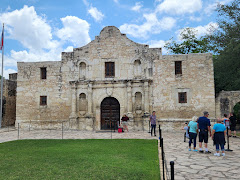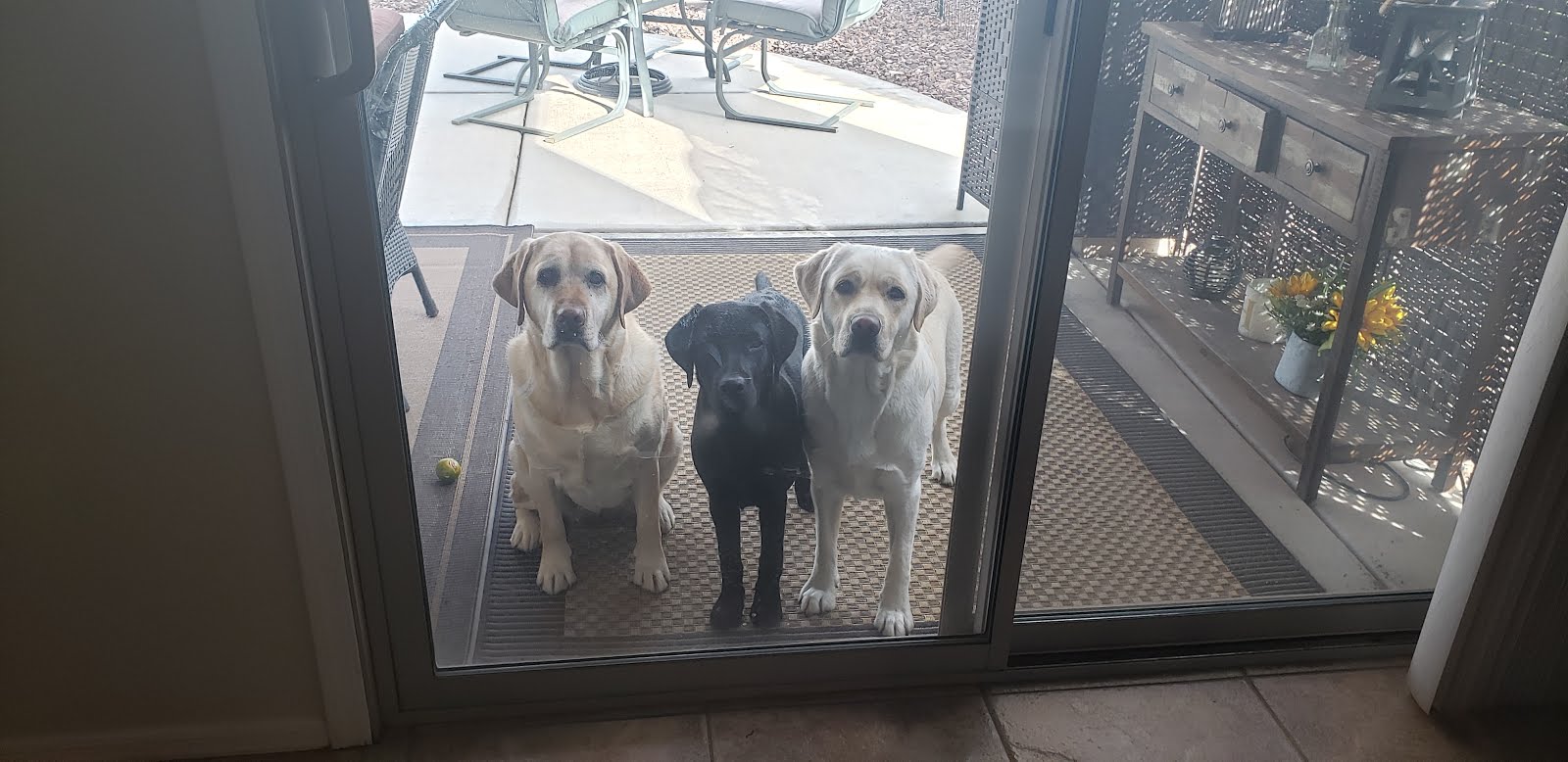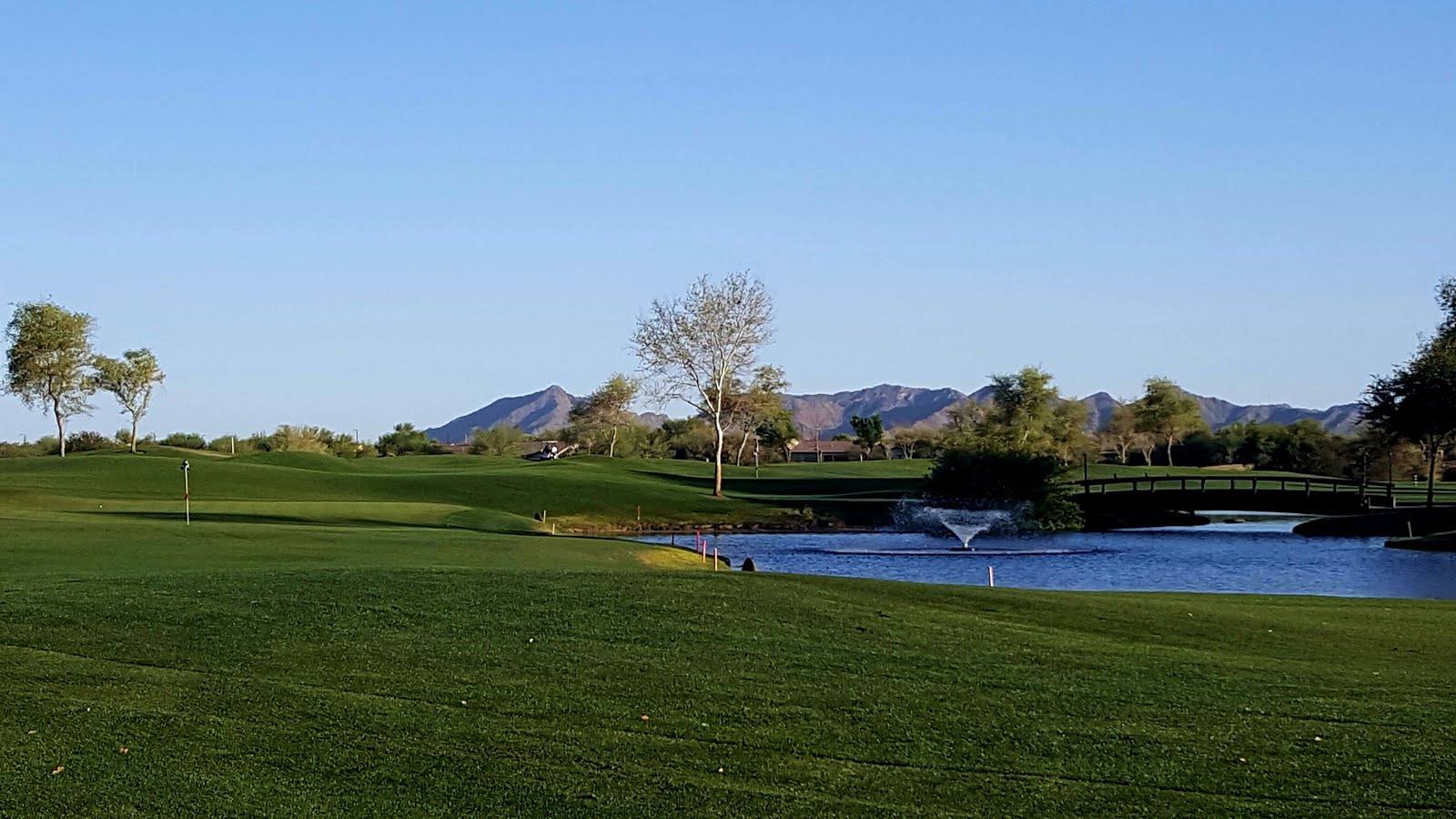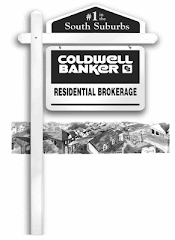Question: If I sell my primary residence for a profit of less than $250,000, do I have to pay taxes on the profit if I do not buy another home but rent instead? I have heard about the $250,000 exemption.
Answer: You won’t pay tax on the sale of your home unless you have gains that are more than $250,000 if you’re single, or more than $500,000 if you’re married and file jointly. The IRS provides a home sales exclusion that allows taxpayers to realize some significant gains on the sale of their primary residences, subject to several qualifying rules.
You used to get a one-time option of excluding up to $125,000 in capital gains on the sale of your home, as long as it was your primary residence and you’d reached the age of 55. That changed with the Taxpayer Relief Act of 1997.
The TRA provides that anyone, regardless of their age, can exclude up to $250,000 of gains on the sale of a home—and a married couple filing jointly can exclude up to $500,000. That means most people will pay no tax on the sale of their home unless they have lived there for less than two out of the last five years.
You must meet the following IRS requirements to qualify for the capital gain tax exclusion on your home sale:3
The ownership test: You owned the home for at least two of the last five years.
The residency test: You lived in the home as your main residence for at least two of the last five years.
The home must be your primary residence, not a secondary or vacation home.
These rules specifically prohibit you from claiming the home sales exclusion more than once in any two-year period.
Your ownership period and residency period don’t have to be concurrent. You could rent the home and live there for two years, then purchase it and own it for the remaining three years while living elsewhere. You can use this capital gain exclusion to avoid tax on a home sale over and over provided that you meet these rules
.













































































































































































No comments:
Post a Comment